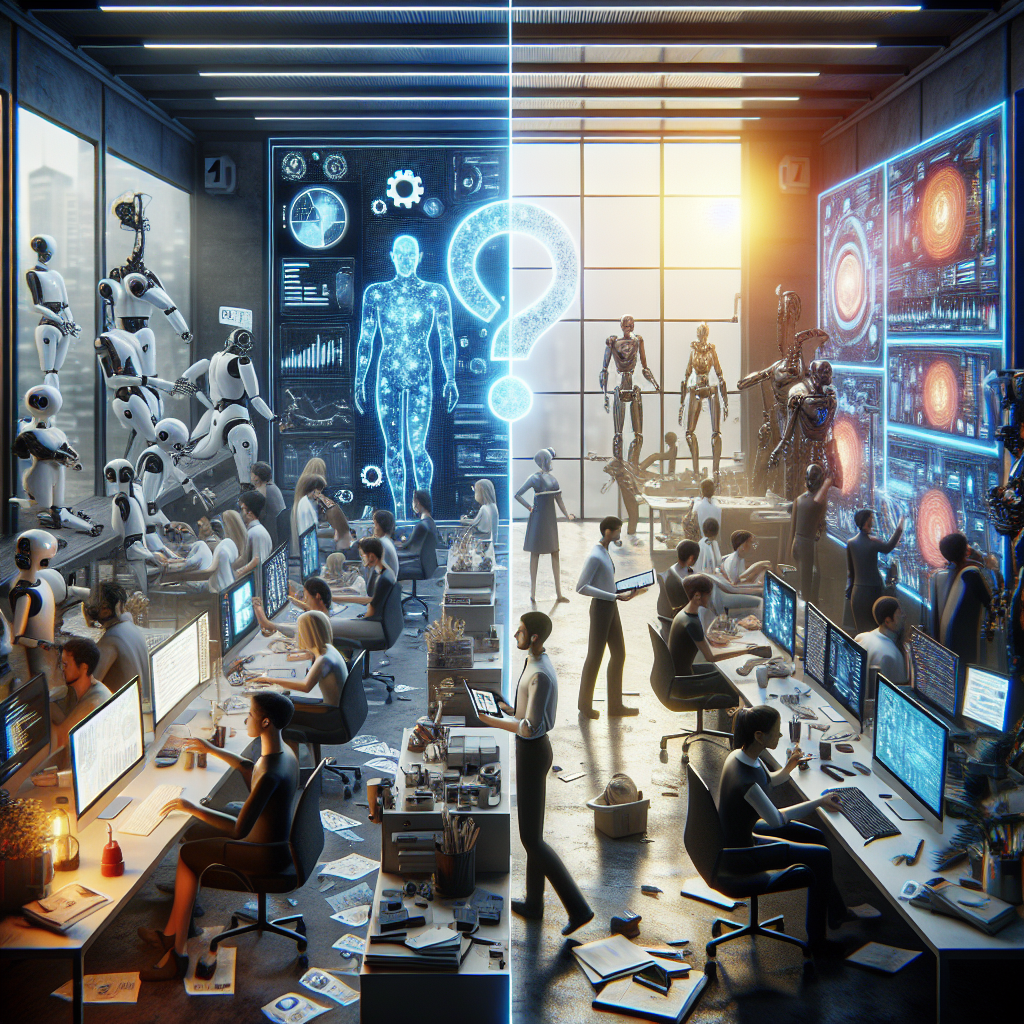In a tech landscape saturated with buzzwords, AI agents have emerged as a fresh contender for the future of automation. But what sets them apart from the sea of terms like AI, machine learning, and automation? Let’s dive into the realm of AI agents to decipher whether they are the real deal or just another overhyped concept.
So, what exactly are AI agents? Picture this: you have a highly intelligent assistant at your beck and call. This assistant doesn’t just regurgitate facts or recommend movies; it possesses the ability to think, plan, and execute tasks without constant hand-holding. Unlike traditional chatbots or scripted automation tools that operate within predefined boundaries, AI agents are autonomous entities. They go beyond mere reactions; they analyze, make decisions, and initiate actions based on overarching objectives.
In essence, AI agents are the brainy sidekicks of the digital world, capable of interpreting complex scenarios and navigating intricate tasks with minimal human intervention. They leverage advanced algorithms and data processing capabilities to perceive nuances, adapt to dynamic environments, and contribute proactively to achieving desired outcomes.
Consider a scenario where a customer service AI agent handles a query from a disgruntled customer. Instead of following a scripted response, the AI agent assesses the tone of the conversation, identifies underlying issues, and tailors its interaction to defuse the situation effectively. This adaptive and context-aware behavior sets AI agents apart from their more rudimentary counterparts, offering a glimpse into the potential revolution they could bring to various industries.
One of the key strengths of AI agents lies in their ability to learn and evolve over time. By leveraging machine learning algorithms, these agents can refine their decision-making processes, enhance their problem-solving capabilities, and adapt to changing circumstances. This continuous learning loop equips AI agents with the agility to stay ahead of the curve and deliver increasingly sophisticated levels of performance.
Moreover, AI agents have the potential to revolutionize business operations by streamlining workflows, optimizing resource allocation, and enhancing overall efficiency. From intelligent virtual assistants that schedule meetings and prioritize tasks to autonomous drones that perform complex inspections, the applications of AI agents span a diverse range of industries, showcasing their versatility and transformative impact.
However, amidst the hype surrounding AI agents, it’s crucial to maintain a balanced perspective. While the potential benefits are undeniable, challenges such as ethical considerations, data privacy concerns, and algorithmic biases must be addressed to ensure responsible deployment and usage of AI agents. Additionally, the complexity of developing and maintaining AI agent systems poses technical hurdles that require specialized expertise and resources.
In conclusion, AI agents represent a promising evolution in the realm of automation, offering a glimpse into a future where intelligent, autonomous entities collaborate seamlessly with human counterparts to drive innovation and efficiency. While the road ahead may present obstacles and uncertainties, the transformative potential of AI agents in reshaping industries and redefining work processes cannot be overlooked. As we navigate this landscape of technological advancement, embracing the capabilities of AI agents with a critical yet open mindset can pave the way for a more intelligent and efficient future.

